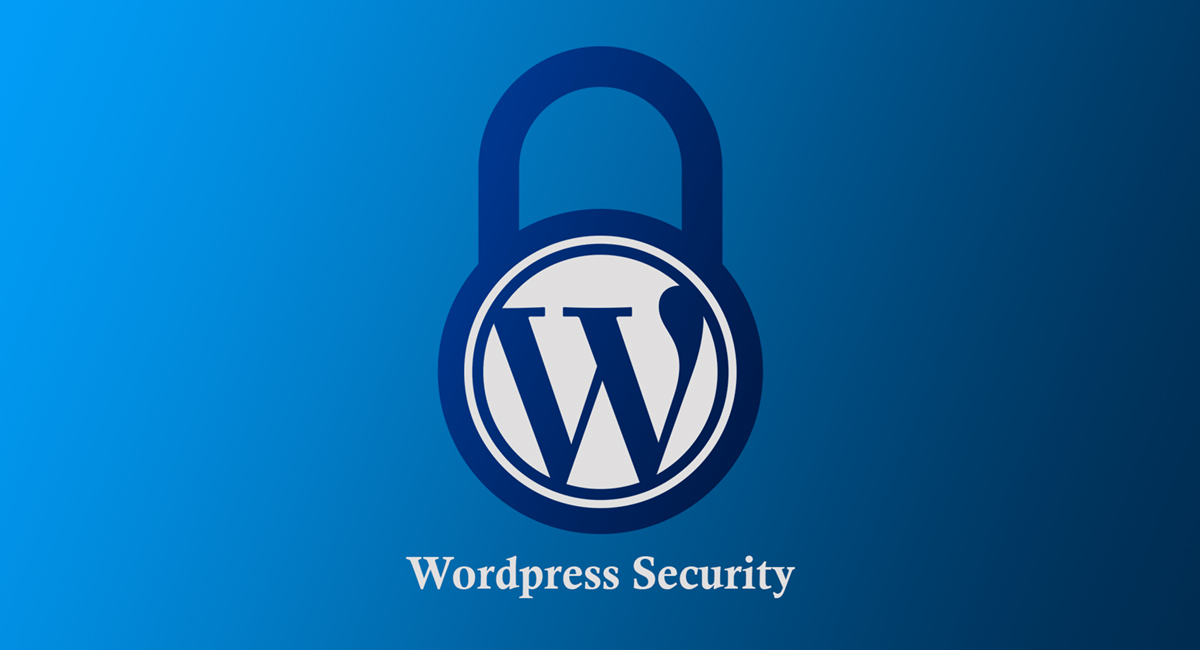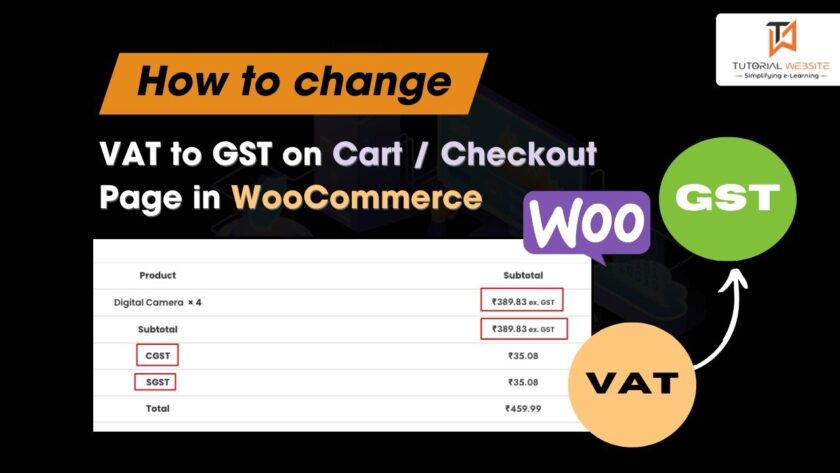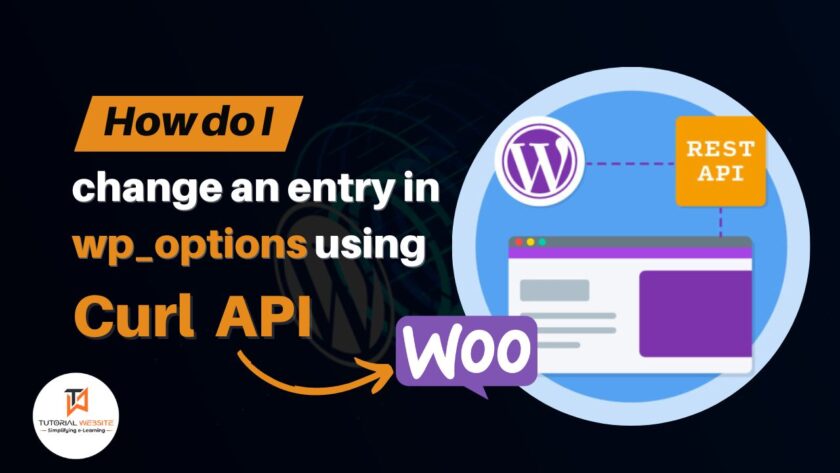You don’t want all your efforts gone into putting your heart and soul blogging on WordPress in vain, that’s when we come to the rescue. Google has blacklisted almost 10,000 sites as a result of malware. Several people are falling victim to such malware ending up losing their all-time wealth and efforts.
Also Read: Best Plugin to Charge Extra Cash on Delivery Fee for Woocommerce
Since blogging is not just a written script but so much goes into making one such as investment for services, domain, plugins, and themes. It’s not always about blocking but prevention measures you should take to avoid any risks. Despite being the most popular web design and WordPress development services, you need to do your best to keep your site safe.
Tips to Boost your WordPress Security
Following are some tips to help you with your site.
- NO COMPROMISE ON GOOD HOST
Having a good host is one of the most important elements that usually people don’t realize until it fails. It’s not necessary that every Website development company would be reliable and that is proved by how the experience varies among different site owners. Sadly, you cannot even tell what the actual culprit the host is or the security mechanism around that is causing hacking, poor performance, and downtime. Therefore, having a good budget can be a solution if you pay more and more reliability can be ensured.
- STRONG PASSWORDS ARE SAVIOURS.
Despite being reminded to make passwords stronger they are often overlooked and it sinks the ship.
We tend to choose an easier password that we can easily remember and use simple digits and letters but fail to realize it can also be easily guessed.
It’s advisable to use special characters like * & $ that are not commonly used.
- GET LOGIN ATTEMPT LIMITED.
Many sites allow you to attempt more than once since you don’t usually get credentials right the first time. But limiting the number of attempts can prevent the hackers from getting into the sites. They would be blocked over multiple attempts which could save you from the risk of malware.
- SMART WITH PLUGINS
At first plug, INS might seem the safest option but you have to beware while choosing one too. They might be available easily and can be downloaded instantly but can come with malicious code and infect your site. The best thing to prevent is to scan them right after downloading and getting good anti-virus software. The new systems are inbuilt with such software but older ones get prone to being easily attacked by such viruses.
- MAKE USE OF TWO FACTOR AUTHENTICATION
Even after being sure about the strength of your password, there is always a risk of it being cracked. That’s when two-factor authentication comes into use. It helps you with a two-way process that not only requires your password but your phone’s availability. It works through an SMS, a phone call, or timely passcode. This ensures security since the hacker might not have all at once the site credentials and the mobile phone.
- SECURE CONNECTIONS ARE KEY
It is quite essential to have the network you are working on to be secure. If it’s compromised you are at greater risk of being hacked. Your home router is supposed to be set up correctly, getting access to it might allow hackers to get all the personal data. Here are some tips:
- Avoid VPN since many users would not use it until they want to allow foreign access to your network.
- The level of encryption should be the highest level on WIFI.
- The router should be up to date.
- Make sure your password stays with you so not a lot of people can access your Wi-Fi.
- WORDPRESS SECURITY (NO CODING)
The techy system might get the worst of people terrified about how to resolve the issue well it is not just you. There are no websites that can be guaranteed 100% safe therefore backups come into use here. There are many paid and free backup plugins available that allow you to restore your WordPress. You should also store backups on sites like Amazon, cloud, and dropbox.
- ENABLE WEB APPLICATION FIREWALL
The easiest way to protect your website is by enabling a Firewall (WAF). It blocks away from all the hazards even before they can affect the site.
DNS firewall-They acts as a path to route traffic through cloud servers, allowing only genuine traffic to the server.
Application-level firewall-They scan the traffic once it reaches the server but before processing most word press scripts. This is not as efficient as the DNS firewall.
- FIXING HACKED WORDPRESS SITE
It can be very hard to be dealt with on your own and should be left to the professional once your website is hacked. Even if you get it fixed by yourself the hackers are smart enough to create backdoors assuring it gets hacked again. Hence the backdoors need to be fixed first.
Also Read: How to hide the posts and media of other WordPress users
What makes WordPress prone to be hacked?
You need to have strong passwords, plugins, and themes that might cost some extra but lifetime ease. Many people are putting their best efforts and investing into their sites as a source of income and therefore least want to be hacked. Therefore, to prevent such hazards it’s best to implement the above sooner.
The reason you still are vulnerable to it is
- Spread malware
- Activism
- Blackmail to earn money
- Use an easier path to start to own your blog
- For fun and practice
Other than that, it is easy to use, comes with many options to build a site, and is quite versatile and sophisticated. The number of people that use it so often compromises the security relying on inbuilt measures. But hackers are well aware of it and tend to attack such poorly protected sights. But making sure to follow the steps mentioned can prevent the website from falling into the hands of hackers. The cost of plug-ins and themes might make people reluctant to invest in something that has not happened but safety measures are bound to be taken prior for secure and happy results.

James Smith is a professional blogger and Logo designer who writes about a variety of topics related to his niche, including graphic design and digital marketing.




